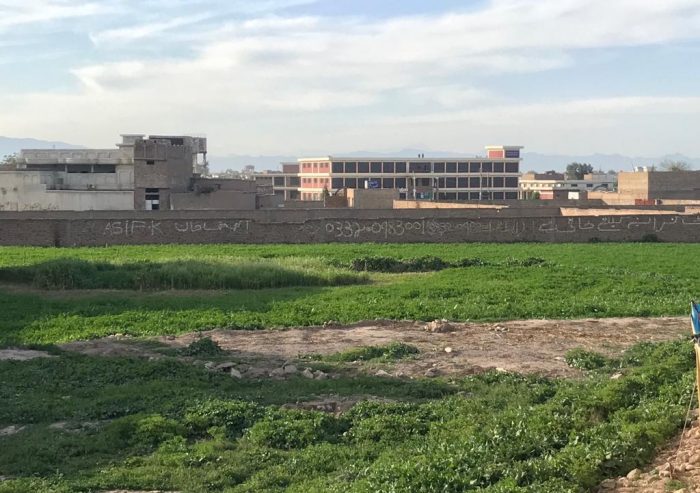The Government of Punjab promulgated “The Punjab Commission for Regularization of Irregular Housing Schemes Ordinance-2021” on April 9, 2021, which already posed grave concerns. As, it allows consumption of the agricultural land for commercial purposes and housing societies on green spaces in Lahore and adjacent areas. The concerns weren’t unreal. As according to a report submitted to the Supreme Court there are over 1,100 illegal housing societies exist now in residential areas of Punjab`s 11 districts, which don`t have requisite approvals from the authorities. The report is based on a study, conducted by the Project Management Unit of Punjab`s Planning and Development (P&D) Department last week.
Culprits of Illegal Housing Societies in Lahore:
Illegal constructions reportedly continue in Punjab and specially in Lahore right under the nose of the officers of the Lahore Development Authority (LDA), who allegedly provided all kind of ‘facilitation’ for such constructions. It was stated in these pages earlier that “Ultimately the Ordinance is set to give legitimacy to powerful land mafia, which has purchased acres of land in the green areas and has developed or is in the process of developing housing schemes in violation of the land use rules and the cities’ Master plan.” Major players in these frequent scams are well-connected real estate investors backed allegedly by unscrupulous politicians and facilitated by a corrupt bureaucracy. The victims are middle-class individuals, aspiring for a permanent roof over their heads.
Report by Project Management Unit of Punjab:
The report concedes that there was a lack of regulation and enforcement regarding private housing schemes in the province, despite sufficient legal provisions. While it also mentions that 839 housing schemes have been built on agricultural land, of which 173 have somehow managed to get official approvals, while 666 were entirely unapproved or illegal.
Infocus had already mentioned in 2021 that as a result of the Ordinance there were as many as “2,000 illegal housing schemes have grown in Punjab. The Lahore division alone had over 600 illegal housing schemes in which 230 developed or being established on green areas of Lahore, Kasur, Nankana Sahib and Sheikhupura districts in violation of the master plan, laws, rules and regulations.” The recent study by Project Management Unit of Punjab`s Planning and Development (P&D) Department now confirms the greed of real estate developers is annihilating large swathes of fertile agricultural land and fruit orchards around the cities, resulting in unplanned urban growth at the expense of food security and the environment.
Illegal Construction & Land Mafia:
To a certain extent it has become a common practice in both Lahore and Karachi that when land mafia violate laws and develop irregular schemes or do another unlawful act, the building control or development authorities remain silent. And, when they take action only after the schemes or buildings get populated, it prompts the allottees and public sentiments to emerge aggressively, forcing the government to legalize the illegal acts or housing schemes. Most such schemes exist only on paper; in fact, land for the housing society is obtained only when plots that don`t actually exist are sold.
Though, the report states that political uncertainty and economic instability profoundly impact investment in the housing sector. But it is also a fact the sponsors of most schemes even secure power connections from distribution companies with the help of dishonest officials. The report regrets that land accumulation “in the hands of a few”` has been aided by stakeholders. Individuals and entities have been purchasing land under the garb of private housing schemes and holding onto it for extended periods without developing it.
The undeveloped or illegal or irregular housing schemes do not facilitate economic activity, property development or land use optimization that would otherwise generate substantial taxes and fees for the provincial and local governments.
By
Editorial, Infocus



